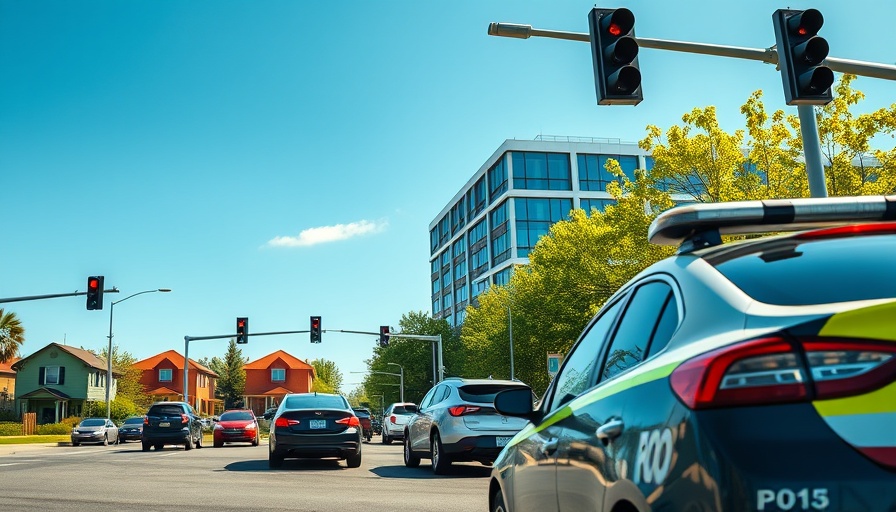
The Impact of the New Transit Bill on Charlotte's Infrastructure
With the final approval of the transit tax bill expected soon from the General Assembly, Charlotte faces a significant shift in how its road and transit projects will be funded. The bill mandates that nearly two-thirds of the revenue generated from the proposed sales tax increase will be allocated to transit projects, while a substantial 40% is earmarked for road maintenance. This decision reflects a deeper commitment to enhancing public transportation while addressing current road infrastructure needs. However, there's more to it than just financial allocation; there are social implications and political dynamics at play that merit close attention.
Legislative Intent: A Closer Look
State legislators have made it clear that they seek to limit the redistribution of funds within the city budget. Previously, city officials suggested that increased taxation on sales could help alleviate pressure on other budget areas, such as salaries for police or funding for affordable housing initiatives. However, that proposal raised eyebrows among legislators, who aimed to ensure that the new funding sources would not effectively divert current road funds to non-road uses. Charlotte City Manager Marcus Jones assured the public that the original intention was to bolster the existing road budgets, not dismantle them; yet the backlash prompted pivotal adjustments to the bill.
The Social Considerations Behind Funding Allocation
This new funding structure reflects broader social priorities that resonate with Charlotte residents. The conversations around public transportation reveal an ongoing tension between enhancing mobility and addressing pressing societal needs, like affordable housing. Advocates argue that improved public transit can lead to more equitable opportunities and should be further prioritized to ensure sustainable urban development. As Charlotte continues to grow, balancing these diverse interests becomes crucial in shaping an inclusive community.
Future Predictions for Charlotte's Urban Development
As the transit bill progresses, stakeholders are eager to see how these changes will translate to tangible outcomes. Urban development experts predict that a solid investment in public transportation could catalyze future growth in real estate and local businesses. Accessible transit options could encourage local businesses and drive community engagement, fostering a vibrant, interconnected city. However, stakeholders must remain vigilant about ensuring that these initiatives don't disproportionately benefit specific neighborhoods while neglecting others.
Understanding the Broader Context
Historically, Charlotte has faced challenges in reconciling its rapid growth with effective urban planning. The transition to a more transit-oriented city is not unique to Charlotte; cities across the nation are grappling with similar dilemmas. The discourse surrounding the allocation of sales tax revenue highlights a necessary dialogue about funding, priorities, and the vision residents have for their city. By analyzing these themes, Charlotte residents can gain insights into their community's trajectory and actively engage in shaping the future.
Time to Engage: What Residents Can Do
As the city undergoes this transformation, it's essential for residents to stay informed and involved in local politics. Attend city council meetings, engage in community forums, and voice your opinions on transit and urban development initiatives. The recently proposed referendum, likely to appear on the November ballot, provides an excellent opportunity for residents to influence the direction of their city. By exercising their voice and vote, Charlotteans can play an active role in ensuring that their transportation needs and social priorities are met.
In summary, the approval of the transit bill signifies a crucial step towards reshaping Charlotte’s roads and public transit systems. Balancing this funding will determine the community's vitality as it continues to grow and evolve. Residents must partake in the dialogue surrounding these developments and remain engaged citizens, helping to forge the city they envision for the future.
 Add Row
Add Row  Add
Add 




Write A Comment